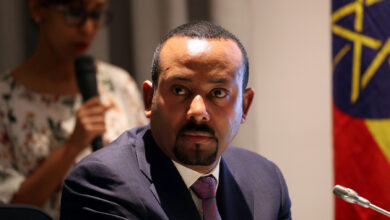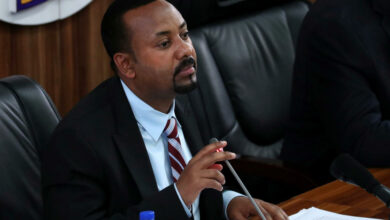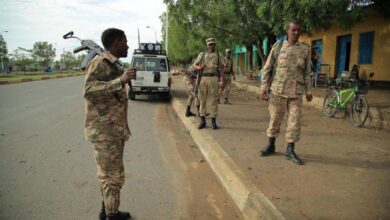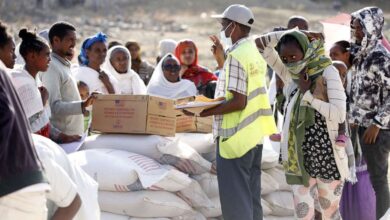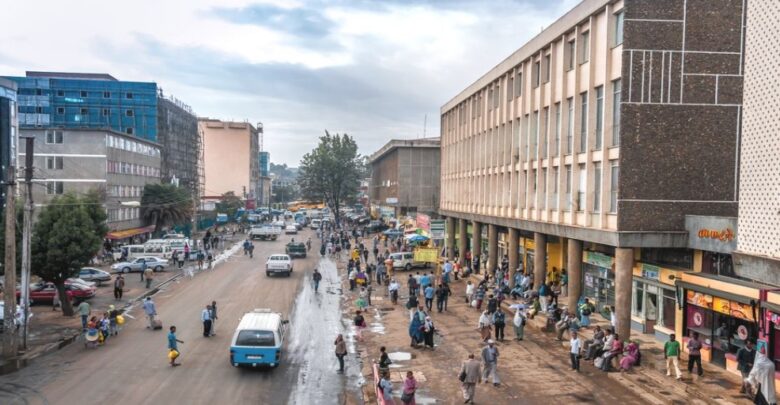
Ethiopia’s Prime Minister Abiy Ahmed declared a state of emergency in the country on Wednesday to help curb the spread of the new coronavirus, his office confirmed on Twitter.
“Considering the gravity of the #COVID19, the government of Ethiopia has enacted a State of Emergency,” Abiy’s office said, reported Reuters.
Ethiopia, Africa’s second-most populous nation with a population of more than 110 million, has recorded 52 cases of COVID-19 and two deaths so far.
The concerned authorities have already implemented a number of measures to curb the spread of the deadly virus including closing schools, banning public gatherings and allowing most employees to work from home. The government also postponed parliamentary and presidential elections scheduled for August due to the coronavirus outbreak.
On Wednesday, Ethiopia’s cabinet approved a loan of $54.9 million from the Africa Center for Disease Control and Prevention to help fight the virus, according to information from the prime minister’s office. Development agencies have also offered an additional financing of $41.3 million.
Ethiopia’s Prime Minister Abiy said his government would also take the necessary measures to offset the losses expected in the industrial sector due to the spread of the COVID-19. The Ethiopian Airlines has revealed that it incurred losses of up to $550 million due to travel restrictions imposed to curb the pandemic.
Liberian President George Weah also issued a 14-day stay-at-home order for residents of four counties, including the one encompassing the capital Monrovia, a city of more than 1 million people. The restrictions will begin on Saturday.
Weah added that travel between Liberia’s 15 counties will also be prohibited in most cases.
Marking Africa’s 10,000th case, the WHO released a statement on Tuesday that warned that the coronavirus could “unleash economic and social devastation” in Africa.
“This requires a decentralized response, which is tailored to the local context,” said Matshidiso Moeti, WHO’s regional director for Africa. “Communities need to be empowered.”


